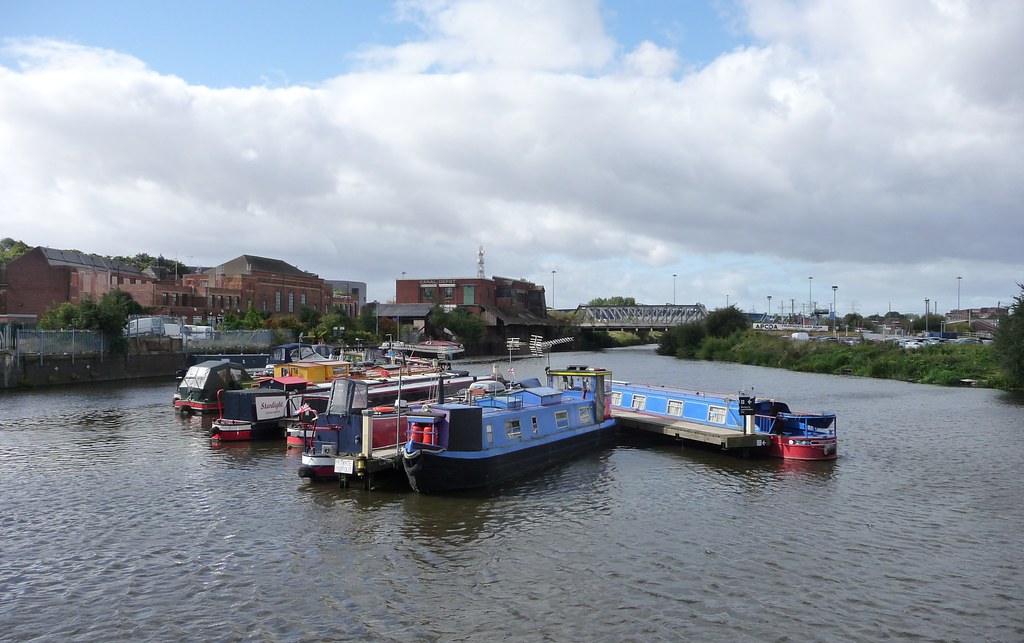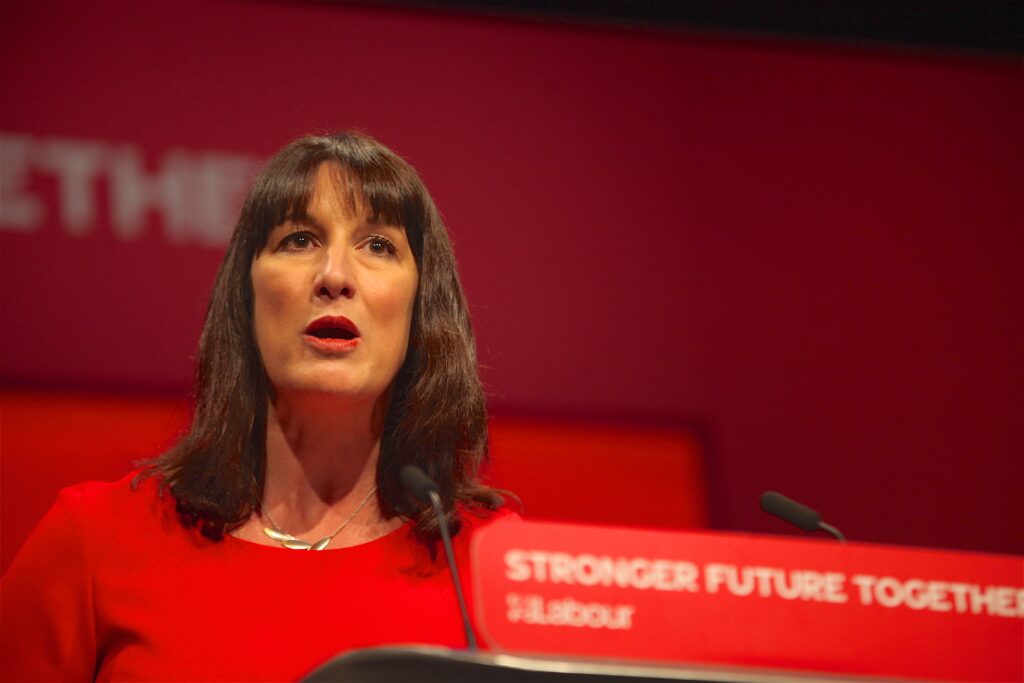Post-Kerslake there’s a real scent of change in Birmingham. A braver, less bureaucratic council might be capable of a genuine strategic partnership: civic to civil society. Paul Slatter outlines some of the signs of a shift
The Kerslake Report made an oddly liberating – but depressing – read for many in Birmingham. Not much of what was said about civic mis-management was news. Citizens who took part in Birmingham’s ‘Summer of Dialogue’ events the preceding year, facilitated by Chamberlain Forum, identified many of the same failings. These were reported to the council’s now disbanded (and widely unmourned) strategic partnership BeBirmingham and – like many reports before – they disappeared. Kerslake, therefore, represented something like a moment of unavoidable truth. Like when the boy exclaims what the rest of us have been thinking for ages – the Emperor really is wearing no clothes!
The revelation was a relief. Few, however, enjoyed that it took a commission appointed and conducted without much respect or understanding of our city to get there. The Kerslake report, on closer reading, seemed to have been largely ‘pre-fabricated’. The starting point: that Birmingham needs to be managed more like other places, even if those places have neither the size, nor the diversity of opportunities and threats it faces. It followed that nothing much ‘made in Brum’ can have been much good. That looks like a classic case of sentence first – then find a verdict to justify it. With this Wonderland logic, Kerslake said as little about Birmingham’s civil society, and those bits of our council and public services that link productively with it, as our own city council… on a bad day. That was depressing.
To consider seriously the shape of the ‘future council’, you need to look carefully at its citizens and communities. In many ways, they are the city’s greatest asset; possibly the only way in which the ‘jaws of doom’ (the effect of increasing costs of social care and decreasing council revenue) can feasibly be unclamped from its citizens.
Manifested as community self-help, civil society
gives Birmingham massive potential for social innovation
Civil society: that stuff we do because we want to, or we feel we should, not because we are told, or paid, to. Birmingham has it: in its old people, in the working class traditions, on its council estates and neighbourhood forums; in the middle classes, the clubs and societies in the garden suburbs and at its social media surgeries and timebanks; in the inner city, in its faith groups and its young people. The city’s churches, Muslim and Sikh communities and more recent immigrants from Poland and elsewhere, are outstanding practitioners of it. Manifested as community self-help, civil society gives Birmingham massive potential for social innovation. That is, different people doing different things differently in order to produce better – and better value – public services. Contrast that with Kerslake’s apparent mission – to make Birmingham a bit more like everywhere else.
Many of the things the city council has done in the name of devolution and localisation have not helped realise this potential for social innovation. Withdrawing the city’s ten district committee meetings from the districts they represent was a political own goal, scored by the incoming Labour administration in 2012. That, however, was at least a cost-reducing measure.
Much else has been costly as well as over-hyped – sold as community empowerment, when it was really all about keeping backbench councillors occupied. The BeBirmingham-led programme of neighbourhood management, for example, failed to build on the city’s rich experience of community-led and housing-based neighbourhood working in Balsall Heath, Castle Vale, Witton Lodge and elsewhere. The programme produced no theory of change explaining how it would impact on the mainstream. It was wound up as the government funding, which paid for it, ceased, leaving citizens and communities who had become engaged, bewildered.
Now, post-Kerslake however, there is the scent of something different. Partly, the standard of councillors in Birmingham has been improving noticeably at all levels. In the Cabinet, councillors like Penny Holbrook, Lisa Trickett and James McKay seem a world away from the old school that dominated the city in 2005 when Judge Richard Mawrey described Birmingham as operating ‘like a banana republic’.
The city’s district committee chairs and vice-chairs include some outstanding local representatives, getting a practical training in executive decision-making. The sharp reduction in the number of officers employed by the city council has hurt; but at the same time is pushing managers to new ways of working. The city council’s new chief executive, Mark Rogers, is an energetic and intelligent reformer with very considerable charisma and ability. The council leader Albert Bore launched a campaign ‘Standing up for Birmingham’ with cross-party support in 2013 aimed at finding ways of council and communities working together to make better public services.
There is a chance, if Birmingham can be more brave and less bureaucratic, that the city might start to benefit from something like a genuine strategic partnership – between civic and civil society. The signs to watch for include:
- Replacement of the city’s ward committees with a patchwork of different approaches ahead of the move to single member wards in 2018. The test is whether the council is able to come to terms with a diversity of structures based on what works best locally – something which, historically, it has been very bad at.
- Continuation, without watering-down, of Birmingham’s successful approach to Community Asset Transfer based on an objective calculation of social value added by having land and buildings in community leasehold ownership (in spite of the pressure on budgets that government cuts have made).
- Evidence of benefits created by more assertive shaping and leadership at district level including, for example, through developing co-operative council approaches in Selly Oak and Hall Green and the use of the city’s new Social Innovation Zones, which Chamberlain Forum has helped to devise, in Erdington, Selly Oak and Hall Green.
- Agreement and implementation of incentives for social innovation – the ability for a fraction of money saved through social innovation to be retained locally and re-invested by, for example, neighbourhood joint-venture companies or development trusts.
- A non-bureaucratic approach to reducing ‘red tape’, e.g. adopting the ‘citizen’s right to challenge bureaucracy’ proposed by Standing Up for Birmingham.
- Joint venture organisations and initiatives that increase the permeability and reach of the council via civil society participation and leadership. The jointly-owned Birmingham Timebanks structure which is aiming to support timebanking in the city is an example of this.
- Replacement of the city council’s ‘Be Heard!’ consultation paraphernalia with systematic council participation in (and learning from) the ongoing city-wide conversation that characterises its civil society.
Underpinning these signs should be a presumption in favour of making more of existing structures (including community hubs and networks, neighbourhood forums and faith groups) rather than creating and imposing new structures for devolving power. This would reflect more fundamental shifts towards common civic values rather than standardised civic structures, and toward seeing communities as assets.
Time will tell whether Birmingham – the birthplace, and spectacular success-story, of 19th century municipalism – can overcome centralism to become a model of how, in the 21st century, citizens and their councils can make cities work better together.

















Leave a Reply